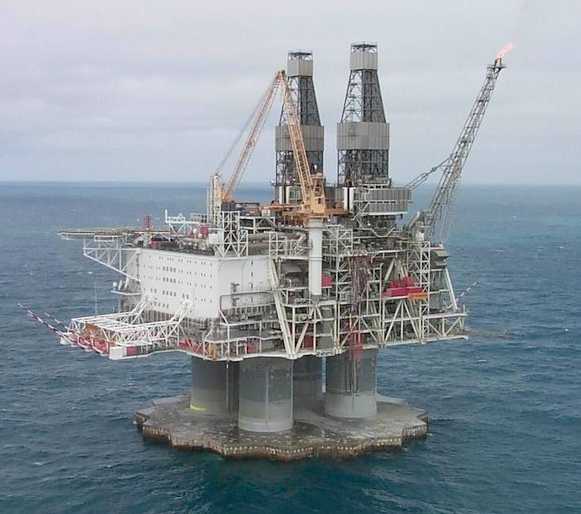These are as follows:
1- mechanical gauge (Amerada, Kuster, Leutert)
main properties of gauges are:
Stability is the ability of a sensor to retain its performance characteristics for a relatively long period of time. Stability is the sensor mean drift in psi per day obtained at a given pressure and temperature. Three levels of stability can be defined:
1. stability for the first day of a test
2. medium-term stability for the following six days
3. long-term stability for a minimum of one month
RESOLUTION
Resolution is the minimum pressure change that is detected by the sensor. When referring to a gauge resolution, it is important to take into account the associated electronics as the two are always used together. It is also important to measure the resolution with respect to a specific sampling time. Gauge resolution is equal to the sum of three factors:
2. digitizer resolution
3. electronic noise induced by the amplification chain.
ACCURACY
Accuracy is considered to be the algebraic sum of all the errors that influence the pressure measurement. These errors are due to mean quadratic deviation (MQD), hysteresis and repeatability.
MQD is a measure of the quality of the mathematical fit of the sensor response at one constant temperature. This parameter is a function of the transducer linearity (i.e., the closeness of a calibration curve to a specified straight line) and of the calibration procedure (i.e., coefficient grid and polynomial function used).
HYSTERESIS is the maximum discrepancy of the output of the transducer signal between increasing and decreasing pressure (or temperature) excursions.
REPEATABILITY is defined as the discrepancy between two consecutive measurements of a given pressure.
STABILIZATION TIME
This parameter provides the time required to get a reliable pressure measurement for a given temperature variation.
By general consensus, the stabilization time represents the time needed to be within 1 psi of the stabilized pressure.




